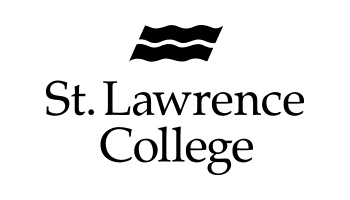Program Overview
学生はビジネス環境内で、コンピューターとネットワークの使用をサポートするための専門知識と実践的なスキルを習得します。 卒業生は、個人や組織の日々のニーズを満たすためのITソリューションを維持するために、単独またはチームの一員として働くことができます。 プログラムの過程で、学生はクライアント/サーバーコンピューティング、クラウドコンピューティング、O/S仮想化、エンタープライズネットワーク、管理、インターネット管理などに必要な専門的なスキルを習得します。
Admission Requirements
高校卒業以上(Math 11並びにEnglish 12、もしくはそれらに相当する科目の修了を含む) また下記、いずれかの英語力条件を充たしていること ※実際の入学許可は成績証明書等、必要書類提出後に審査を経て確定されます。
- Canadian College of English Language Level 140, Pass with 60%.
- セントローレンスカレッジ附属ESLアドバンス修了(60%以上のスコアの取得)
- IELTS6.0 (各セクション、5.5以上)
- TOEFL CBT 213 もしくは TOEFL IBT 78






